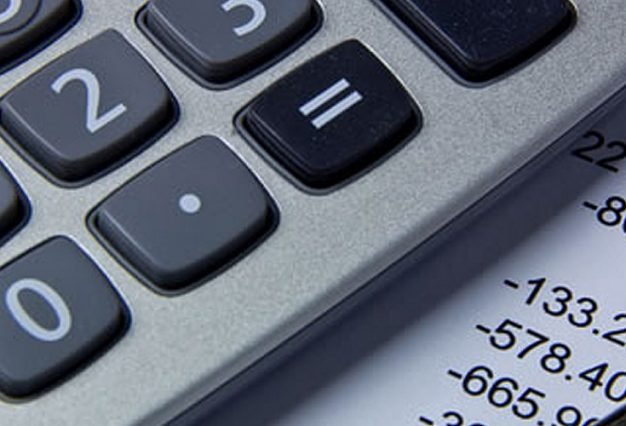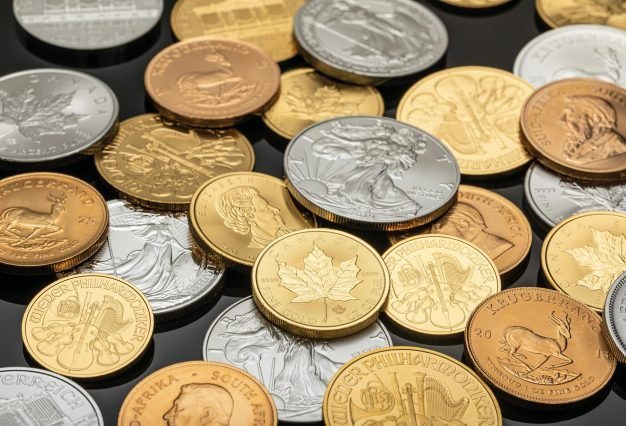By Shaykh ʿOmar Subedār
Definition of Zakāh
Zakāh is technically defined as ‘the transfer of ownership of a specific portion of one’s wealth to a specific type of person for Allāh’s sake.’
Who is obligated to pay Zakāh?
Zakāh must be paid by every person who is;
- A Muslim (irrespective of gender)
- Mature i.e. the person is 15 years of age or, in the case of a male, has experienced a wet dream prior to turning 15 and in the case of a female, has experienced menses or a wet dream before 15.
- Sane
- Free from slavery
- Acquainted with the obligation of zakāh
- The complete owner and possessor of such wealth that is;
- In excess of his or her basic needs and necessities
- Beyond the minimum amount required for one to be eligible to pay zakāh (niṣāb)
- Free from such debt that is equal or more than the amount of wealth currently in the owner’s possession.
- Productive, whether;
- intrinsically, such as gold and silver
- in reality such as breeding or accumulating profits
Allāh has stated;
- And establish prayer and give zakāh and obey the Messenger – that you may receive mercy. [Qurʿān: 24:56]
- The example of those who spend their wealth in the way of Allāh is like a seed [of grain] which grows seven spikes; in each spike is a hundred grains. And Allāh multiplies [His reward] for whom He wills. And Allāh is all-Encompassing and Knowing. [Qurʿān 2:261]
- And those who hoard gold and silver and spend it not in the way of Allāh – give them tidings of a painful punishment. [Qurʿān 9:34]
Zakāh is not obligatory upon children and those who are mentally insane.
What is Zakāh to be paid on?
Zakāh must be paid on;
- Gold
- Silver
- Inventory
- Cash savings
- Investments
- Camels
- Cows
- Sheep and goats
- Horses
- Produce
There is no zakāh on home(s), household items, conveyance(s), clothing, collectable items, memorabilia and precious stones.
Zakāh on Gold
Zakāh must be paid on every gold item in one’s ownership and possession such as gold nuggets, biscuits, jewellery etc. when it exceeds 87.84 grams /2.08 ounces and has been in the owner’s possession for a complete lunar year. Upon the completion of the lunar year the owner will be obligated to pay 2.5% of the total amount in zakāh either from the actual gold or its equal value in cash.
Zakāh on Silver
Zakāh must be paid on every silver item in one’s ownership and possession when it exceeds 612.36 grams /19.6 ounces and has been in the owner’s possession for a complete lunar year. Upon the completion of the lunar year the owner will be obligated to pay 2.5% of the total amount in zakāh either from the actual silver or its equal value in cash.
Note: To find out the current price of gold and silver please visit http://goldprice.org. All jewellery items will be zakāh eligible when the gold and silver is more than the added stones etc. on the ornament.
Zakāh on Inventory
A businessman or businesswoman will appraise his or her inventory according to the price he or she purchased it at according to the local currency and see whether its value reaches the niṣāb of gold or silver. Thereafter he will calculate the Zakāh which is due based on each value. Whichever amount yields more zakāh, he or she will pay accordingly, in order to greater benefit the needy.
Note: If during the lunar year the value of the inventory falls below the niṣāb however before the completion of the year it surpasses it once again, it will not constitute the renewal of the lunar year cycle.
Zakāh on Cash Savings
Zakāh must be paid on the excess cash one holds in his or her account provided it is equal or exceeds the niṣāb of silver and is held for a complete lunar year.
Zakāh on Investments
Stocks and Shares:
If stocks/shares are purchased with the intention of actively trading them, then zakāh will be given on the market value of the shares. If however the stocks/shares are purchased for the purpose of earning a dividend and to hold on to them over a long period of time then zakāh will be only given on the dividends and the market value of the inventory the corporation possesses (calculated according to one’s share of the ownership) – (this information is available in the financial statements of the corporation).
RRSP (Registered Retirement Savings Plan):
Zakāh will be paid on the current balance of the account minus the tax that would have to be paid if one was to cash out the funds on the very day he or she intends to pay zakāh. Some scholars have suggested that it is preferable to not deduct the tax and to pay zakāh on the entire account.
RESP (Registered Education Saving Plan):
Since RESP’s are invested for children and are registered under their name there is no zakāh that is due on them. However, if the investment exceeds the niṣāb and the child becomes mature he or she will be obligated to pay zakāh on the investment. He can either pay the annual due on the yearly bases or defer it until the investment matures and pay the total amount that was due upon him or her since he or she became mature.
Note:
- If an investment is made in an Islamically impermissible source e.g. ale manufacturers, the entertainment industry etc. or if the investment is interest bound e.g. bonds then the zakāh will only be calculated on the initial investment and the profit accumulated from the investment and will be given to the recipients of zakāh without expecting any divine reward.
- If the investment is made in a permissible source then zakāh will be calculated on the current market value of the investment.
For details on zakāh upon camels, cows, sheep and goats, horses and produce please refer to Mukhtaṣar Al-Qudūrī, Nūr Al-Iḍhāḥ or contact your local scholar.
Debts and Loans
Technically a debt is of two types:
- Short term (when the total amount is due on a specified date within the year)
- Long term (when the amount is due at a later period and can be paid in instalments)
If a person has incurred a short term debt and the amount is equal or greater than one’s assets there will be no zakāh due on him or her. If it is less, then the amount of the debt will be deducted and zakāh will be paid on the difference provided it is equal or exceeds the niṣāb. In the case of long-term debts, such as bank-loans and vehicle financing, the payment of the month will only be deducted and zakāh will be paid on the difference.
Zakāh will be paid on the dues one is owed in commercial sales.
Who is Zakāh Payable to?
Allāh has declared in verse 60 of Sūra Al Tawbah, “Zakāh expenditures are only for;
- The poor e. a person who does not have assets of any type that reaches any type of niṣāb
- and for the needy i.e. a person who has nothing to his or her name
- and for those employed to collect [zakāh] i.e. remuneration for their services will be provided through the zakāh collected
- and for bringing hearts together [for Islam]. This is not applicable today
- and for freeing captives [or slaves]. This is also not applicable today
- and for those in debt
- and for the cause of Allāh i.e. for pilgrims who have become separated from their group and are unable to rejoin them without funds and for soldiers on an Islamic military campaign who have become detached from their unit and are unable to reconnect with them without funds.
- and for the [stranded] traveler who does possess the necessary resources to reach his or her home.
– an obligation [imposed] by Allāh. And Allāh is Knowing and Wise.
Zakāh will only be paid to people from the aforementioned categories provided they are;
- A Muslim
- Not the spouse of the person paying zakāh
- Not among the descendants or ancestors, whether paternal or maternal of the person paying zakāh
- Not from the clan of Banū Hāshim i.e. the descendants of `Alī ibn Abū Ṭālib, Jā’far ibn Abū Ṭālib ʿAbbās رضى الله عنهم, ʿAqīl ibn Abū Ṭālib and Hārith ibn Abū Ṭālib.




